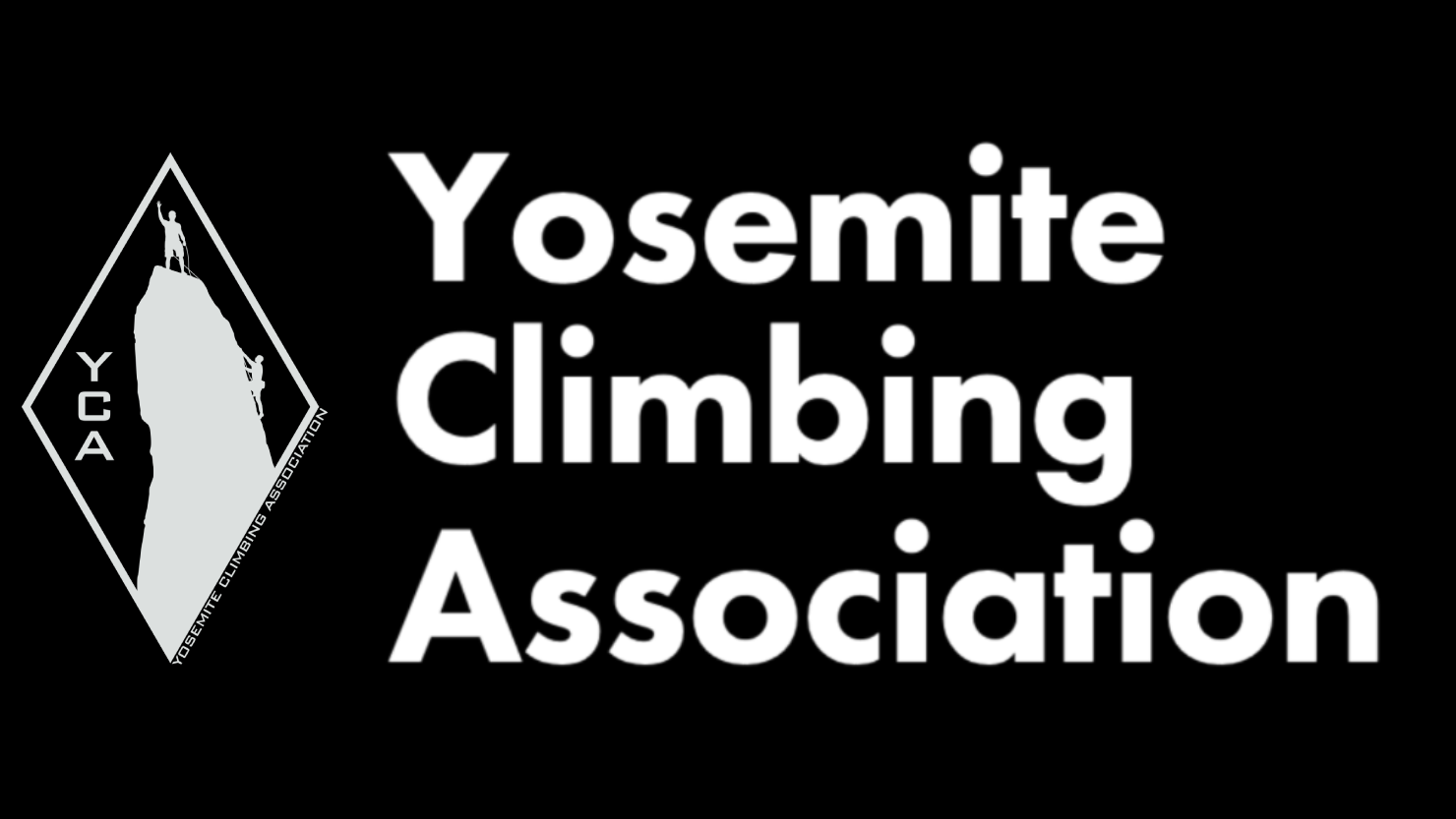Response to Proposed Changes to RM41 Regarding Fixed Anchors in Wilderness
The Yosemite Climbing Association (YCA) mission is to preserve and protect historic artifacts of Yosemite climbing and to educate and raise public awareness about and interest in Yosemite climbing. To that end, many lessons have been learned in the Yosemite experience with the Park serving as the original incubator for the development of rock climbing techniques and technologies, safety practices, and regulations since the 1930s. Climbers are outdoor advocates by nature and are dedicated to preserving the wilderness areas they explore.
The climbing community has a history of welcoming and adapting to an evolving environment. A dramatic example is in the clean climbing manifesto launched in 1972 by Yvon Chouinard and his colleagues from their observations of the destruction of Yosemite climbing rock by pitons. The climbing community adopted clean climbing, discarding pitons with great peer pressure to self-regulate within the year.
But climbers are very independent in mind and spirit, and resist strongly to the point of litigation where they believe a National Park Service (NPS) mandate is unjust. So was the case of the intent to replace Camp 4 with NPS housing which resulted in litigation to stop the action and preserve Camp 4. That action created a catastrophic divide between the climbing community and the NPS which was only resolved by the NPS Regional Director, John Reynolds, realizing the value of Camp 4 to the global climbing community. He settled the case amicably with Camp 4 becoming a National Historic Place. In so doing, he converted a management disaster into a collaborative partnership which has proven to be advantageous to both groups. Relationships today amongst Yosemite climbers and the NPS are at a very high level.
We believe that a collaborative effort to generate a voluntary consensus standard to the fixed anchor issue is the best, perhaps only, solution to the benefit of both the NPS and the climbing community. Voluntary consensus standards have wide acceptance in both the government and public sectors. A remarkable example is in healthcare where the Clinical Laboratory Standards Institute made up of government agencies, industry, and healthcare professionals oversee the development of standards for everyday use by the global medical community. There are many other examples but few with such active involvement of government agency personnel.
The practical issues of top-down enforcement vs. ground up individual commitment to clean climbing practices driven by education and peer pressure to self-regulate are profound. We urge the Agency to reconsider the process to resolve the fixed anchor issue.
Ken Yager, Founder & President Gerald Gallwas, YCA Board Chair
